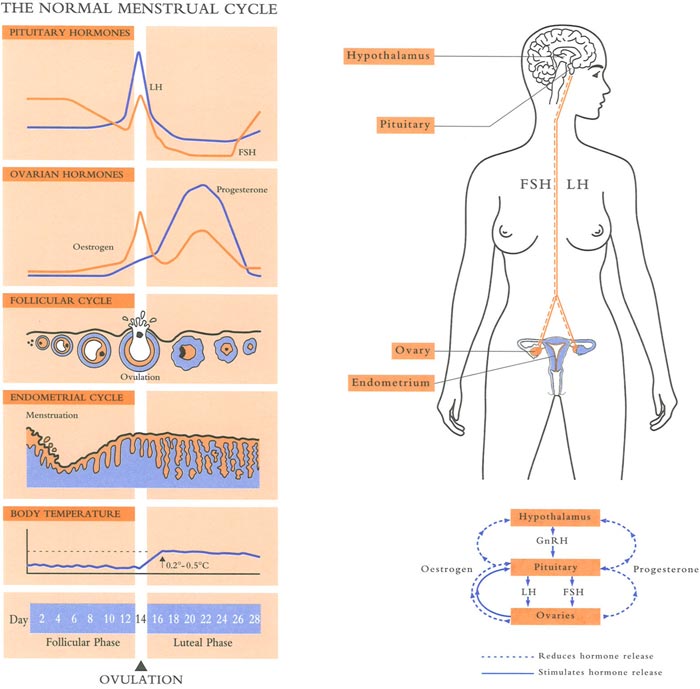At Coastal IVF, we prioritise finding the right diagnosis to create personalised treatment plans that maximise your chances of success.
Unlike other clinics that may rely on costly and often unnecessary IVF treatments for “unexplained” infertility, we take the time to conduct a thorough evaluation to identify the underlying cause, which is often reversible. By understanding the root of the issue, we can tailor treatments specifically to your unique diagnoses, ensuring the most effective and efficient path to achieving your family-building goals.
Natural Conception
For a couple with “normal” fertility, the chances of conception through natural intercourse during ovulation is typically around 20-30%. This is the best nature can offer, and it serves as an important benchmark when interpreting success rates for assisted reproductive technologies.
For a woman to conceive naturally, the following factors must align:
1. Oocytes (Eggs)
- A woman is born with all the eggs she will ever have, typically around 1-2 million. This number gradually declines over time, and by puberty, only around 300,000 remain.
- Ovarian reserve, or the number of eggs available, can be assessed through blood tests (AMH) or ultrasound (AFC).
2. Good Egg Quality
- As a woman ages, the DNA in her eggs becomes more prone to genetic damage, leading to a higher risk of chromosomal abnormalities in embryos. This is the primary reason fertility rates decline and miscarriage rates increase after age 35.
- While there is no direct test for egg quality, age remains the most reliable predictor of egg health.
3. Follicular Development (Egg Growth)
- At the start of each menstrual cycle, the brain releases hormones (FSH and LH) that stimulate the ovaries to grow eggs. One follicle becomes the dominant one, which ultimately leads to ovulation.
- Conditions like pituitary dysfunction or polycystic ovary syndrome (PCOS) can interfere with follicular growth. Folliculogenesis (the growth of follicles) can be assessed through blood tests and/or ultrasound.
4. Ovulation (Egg Release)
- Once a follicle matures, it must release the egg for conception to occur. This process, known as ovulation, is typically detected by a rise in progesterone levels. A regular menstrual cycle is a good indicator that ovulation is occurring.
5. Patent Fallopian Tubes
- Blocked or damaged fallopian tubes can prevent sperm and egg from meeting, often requiring assisted reproductive technologies like IVF for conception.
- Tubal patency (the openness of the tubes) can be assessed by laparoscopy or through imaging tests such as HyCoSy or HSG.
6. A Healthy Uterine Cavity
- Any lesions or structural abnormalities in the uterus can hinder the embryo’s ability to implant or affect early pregnancy.
- The uterine cavity can be evaluated through imaging (ultrasound) or direct inspection via hysteroscopy.
7. A Healthy Pelvic Environment
- Endometriosis is a common condition that can impact fertility and cause pelvic pain. It leads to inflammation, which can affect multiple aspects of reproduction, including egg quality, ovulation, fertilisation, implantation, and pregnancy outcomes.
- While advanced endometriosis can often be detected by ultrasound or MRI, more superficial forms of the condition may only be visible during a laparoscopy. Early diagnosis and treatment of endometriosis may improve fertility outcomes.
For a man to conceive naturally, the following must be true:
1. Sperm Production
- Men produce sperm continuously from puberty throughout life, though sperm production gradually declines with age.
- Spermatogenesis, or sperm production, can be assessed with a routine semen analysis.
2. Delivery of Sperm to the Female Genital Tract
- Obstructions in the male reproductive tract, such as an absent vas deferens, or sexual dysfunction, can affect the transport of sperm to the female genital tract, impairing the chances of natural conception.
Both partners must have optimal reproductive health for natural conception to occur. By addressing potential issues through proper diagnostics and personalised treatment plans, fertility can be supported and maximised.
Fertility Investigations
Fertility issues can arise from a variety of causes. During your first consultation, your doctor will conduct a thorough history and help determine the appropriate next steps for testing.
For men, a semen analysis is often the first step in assessing fertility.
For women, the evaluation typically includes:
- Ovarian Reserve: Assessment through tests like AMH (Anti-Müllerian Hormone) or AFC (Antral Follicle Count) to gauge the number of available eggs.
- Folliculogenesis and Ovulation: Blood tests and ultrasound to monitor egg growth and confirm ovulation.
- Tubal Patency, Uterine and Pelvic Anatomy: A hysteroscopy, micro-laparoscopy, and dye studies may identify endometriosis, tubal blockages or uterine issues.
Once testing is complete, your clinician will provide personalised treatment options based on your unique diagnosis and situation.

In our society 5-10% of couples have difficulty conceiving.
Common Causes of Infertility
When should I seek advice about fertility?
If any of these apply to you, please make an appointment to see us at Coastal IVF.
- Have you been trying to conceive for more than 6 months?
- Have you been diagnosed with endometriosis?
- Has your partner had a vasectomy?
- Are you over the age of 35?
- Is your menstrual cycle short, irregular or prolonged
Did you know? Failure to conceive is often the only symptom of endometriosis. Early investigation means early diagnosis and more effective treatment.
Make An Appointment
Please note that you require a referral from your GP to one of our doctors in order to access Medicare rebates.
